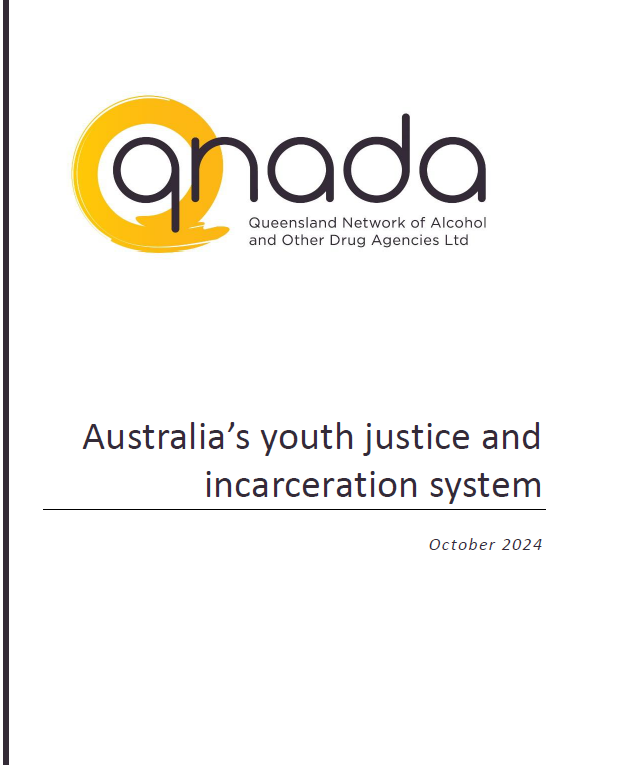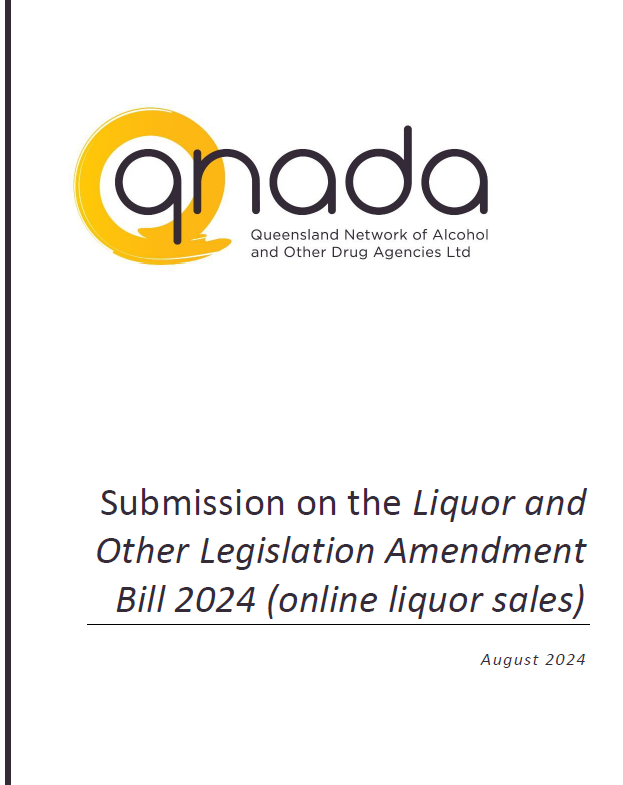Submission to the Tobacco and Other Smoking Products (Dismantling Illegal Trade) and Other Legislation Amendment Bill 2025
In October, QNADA made a submission to the Tobacco and Other Smoking Products (Dismantling Illegal Trade) and Other Legislation Amendment Bill 2025.
QNADA acknowledges the importance of taking further action to respond to the rapidly growing unregulated (i.e., illicit) tobacco market. In response, we support effective responses to tobacco and other smoking products use which are evidence informed and likely to increase individual and community safety, as outlined in our policy position paper on effective responses to drug use.
Contrary to the intention of the recently passed legislation, we are concerned that the singular emphasis on law enforcement over demand and harm reduction approaches will have devastating consequences for individuals and communities, while simultaneously failing to reduce use.
Our submission called for recalibration of efforts and investment to be more balanced between the three pillars of harm minimisation – supply, demand and harm reduction – and for prevention and cessation programs to be increased as part of routine care across all health and community services and in correctional settings, including within alcohol and other drug treatment and harm reduction services.
You can read the full submission here.
You can ready our policy position paper on ‘Effective Responses to Drug Use’ here.

